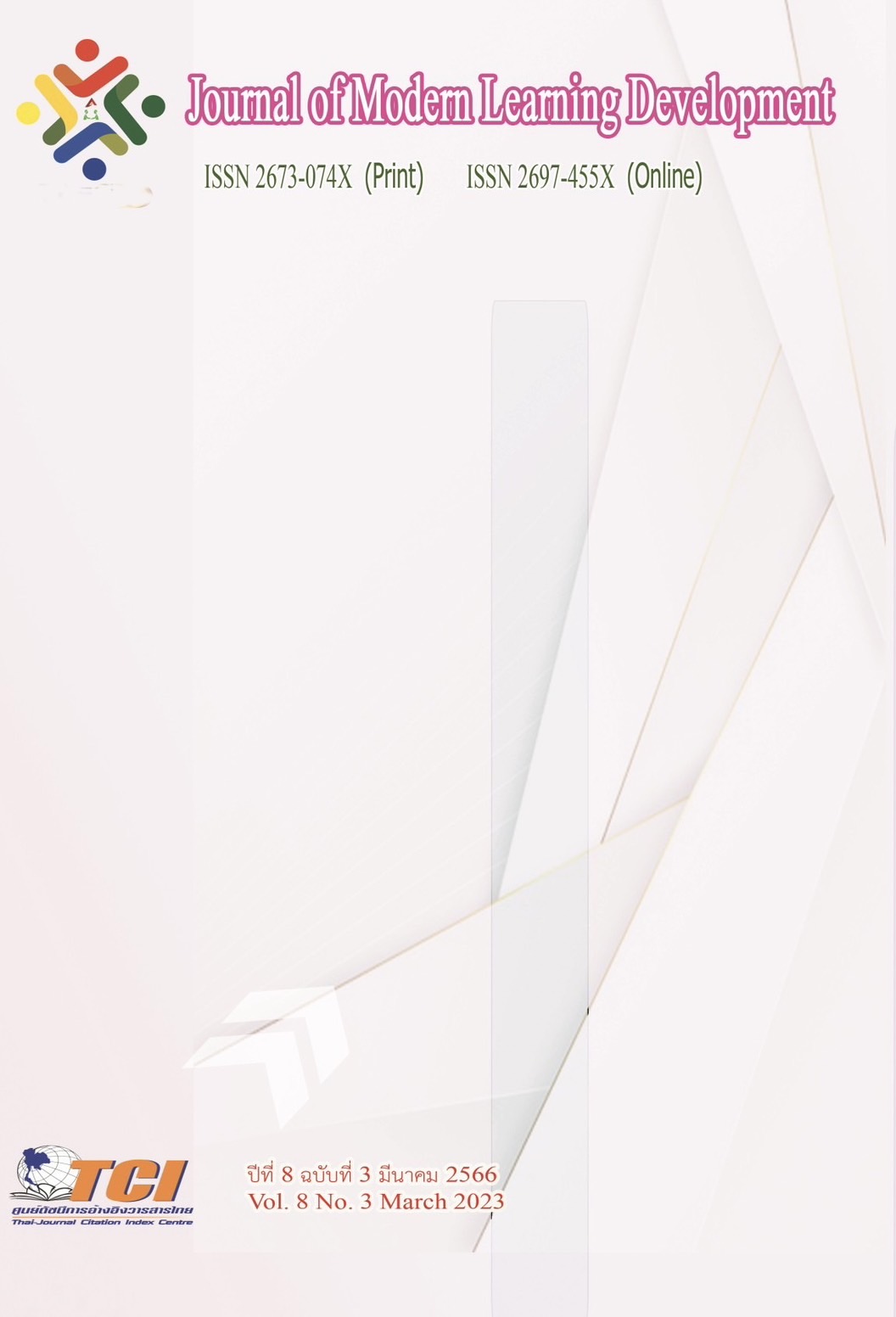The Parental Participation in Music Education of China
Main Article Content
Abstract
From the perspective of parental participation, this article analyzes the family factors affecting children's musical instrument learning from the current situation, puts forward effective suggestions for parents to participate in children's musical instrument learning, and provides effective data support for practical problems such as promoting children's development and cultivating children's musical aesthetic ability. This article presents different perspectives on parental participation in music education—the structure of parental participation and parents' participation in music education in China.
Article Details
References
Bloom, B. S. (1980). The New Direction in Educational Research: Alterable Variables. Phi
Delta Kappan, 61, 382-385.
Cervone, B. T., & O'Leary, K. (1982). A Conceptual Framework for Parent Involvement.
Educational Leadership.
Christenson, S. L., Rounds, T., & Gorney, D. (1992). Family Factors and students Achievement:An Avenue to Increase Students' Success. School Psychology Quarterly,7, 178-206.
Creech, A. (2010). Learning a musical instrument: the case for parental support. Music
Education Research, 12 (1), 13-32.
Dong, J., Lu, T., Guo L., Zhu, Q., Chen, Y., & Wei S. (2014). Social adaptability and influencing factors of children in Guangzhou interest classes. China School Health, 05, 765-767.
Epstein, J. L. (2001). School, Family, and Community Partnerships: Preparing Educators and
Improving Schools. Boulder, CO: Westview Press, 28-30.
Gordon, E., Greenwood, C., & Hichman, W. (1991). Research and Practice in Parent
Involvement: Implication for Teacher Education. The Elementary School Journal, 3.
Grolnick, W. s., &. Benjet, C. (1997). Predictors of Parent Involvement in Children's Schooling. Journal of Educational Psychology, 89, 538-549.
Gronick, W. S., & Slowiaczek, M. L. (1994). Parents' Involvement in Children's Schooling: A Multidimensional Conceptualization and Motivation Model. Child Development, 65, 237-252
He, R. (2002). Homeschooling and Community Collaboration: From Theory to Practice.
Hong Kong Chinese University Press.
Liu, L. (1992). The function and mode of parental participation in school education, Educational research and experiment, 1, 62-66.
Liu, M., & Wang, Q. (2009). The Influence of Parents on Children's Self-Concept in Music
Learning Activities. Research Institute of Preschool Education, 05, 44-46.
Ma, Z. (1996). Parents' Participation in School Education: A Model of Family-School
Cooperation in the United States. Foreign primary and secondary education, 6, 33-37.
Morgan, V., & Fraser, G., (1992). Parent Involvement in Education: How Do Parents Want to
Become Involved, Education Studies, 18(1), 11-20.
Rasinski, T. V., & Fredericks, A, D. (1989). Dimensions of Parent Involvement, The Reading
Teacher, 11, 180-182.
Stevenson, D. L., & Baker, D. P. (1987). The Family-School Relation and the Child's School
Performance. Child Development, 58, 1348-1357
Swap, S. M. (1993). Developing home- school partnerships. New York: Teachers College Press.
Wang, Z., & Zhang S. (2001). School Autonomy and Parental Participation: A Survey of Parents' Attitudes of Primary School Teachers in Taitung County to Parents' Participation in School Education. Proceedings of the International Symposium on Educational Reform: Theory and Practice. Taipei: Taiwan Normal University.
Zdzinski, S. F. (2002). Development and Validation of a String Performance Rating Scale.
Journal of Research in Music Education, 50(3), 245-255.
Zhou, H. (1994). Motivation in children's piano learning. People's Music, (09), 36-38.


